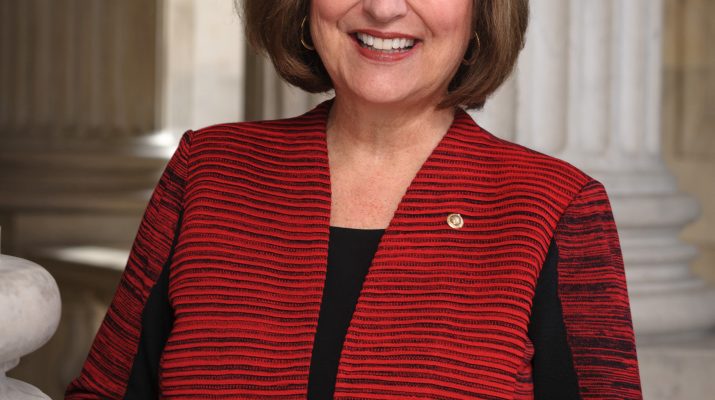Earlier this year, the Biden administration’s Environmental Protection Agency (EPA) issued extreme new regulations cracking down on vehicle emissions. This administration wants the majority — 67% — of the cars in this country to be electric by the end of the decade. But instead of incentivizing the use of electric vehicles (EVs), the administration is choosing to disincentivize the use of gas-powered vehicles. To accomplish its goals, the EPA is burdening millions of families, business owners, and regular Americans.
Americans have the right to buy and use EVs. I support that right. I also think Americans should have the right not to be forced to funnel thousands of their hard-earned dollars into buying a new EV — just because the federal government wants them to. It’s a basic question of fairness: let’s treat Americans the same whether they choose to drive an EV or not, rather than penalize those who stay with their reliable, less expensive gas-powered cars.
That’s not the only question of fairness at play when it comes to EVs. Despite the EPA’s insistence that these vehicles are better than their gas-powered counterparts, they have a downside that affects us all. EVs can be up to three times heavier than gas-powered cars because of the weight of their large batteries. This significant weight puts extra stress and damage onto our roads — it pulverizes the road bed, causing more maintenance, more upgrades, and more costs.
But right now, EVs don’t pay into the fund that contributes money for road maintenance. The Highway Trust Fund (HTF) provides 90 percent of federal highway assistance. It repairs wear and tear from vehicles on the highway, which is critical for our nation’s infrastructure. As more EVs have been adopted, the HTF has become more unstable because these heavy vehicles do not contribute to the fund.
The federal gas tax is the main source of revenue for the HTF and the sale or charging of EVs doesn’t contribute anything to this important fund. The HTF exists to fix exactly the type of damage that heavy EVs can cause — so it’s only fair that all Highway users, both gas-powered and electric vehicles, pay into the fund.
My recent bill, the Stop EV Freeloading Act, would fix this discrepancy. This new legislation would require EVs to contribute to the HTF through a two-tier fee structure modeled after the current federal gas tax and the heavy vehicle use tax.
The bill would impose a one-time $1,000 fee on electric vehicles at the point of sale, which would go to the HTF. The $1,000 amount is based on the average amount consumers currently contribute to the HTF from gas taxes over 10 years. The legislation would also impose a one-time fee of $550 on each EV battery module with a weight greater than 1,000 pounds on the manufacturing level. This fee would also go to the HTF. The $550 amount is similar to fees imposed on heavy trucks because of the additional damage they cause to roads and bridges.
The current structure of the HTF doesn’t account for the damage EVs can and do cause to our roads. My bill would simply put EVs and gas-powered vehicles on a level playing field. Both types of vehicles should contribute to the HTF for vital repairs and maintenance, helping the fund escape its impending insolvency. President Biden’s EPA may be letting EVs off the hook, but passing this bill in Congress would ensure that users of EVs and gas-powered cars are treated the same.
Thank you for participating in the democratic process. I look forward to visiting with you again next week.

